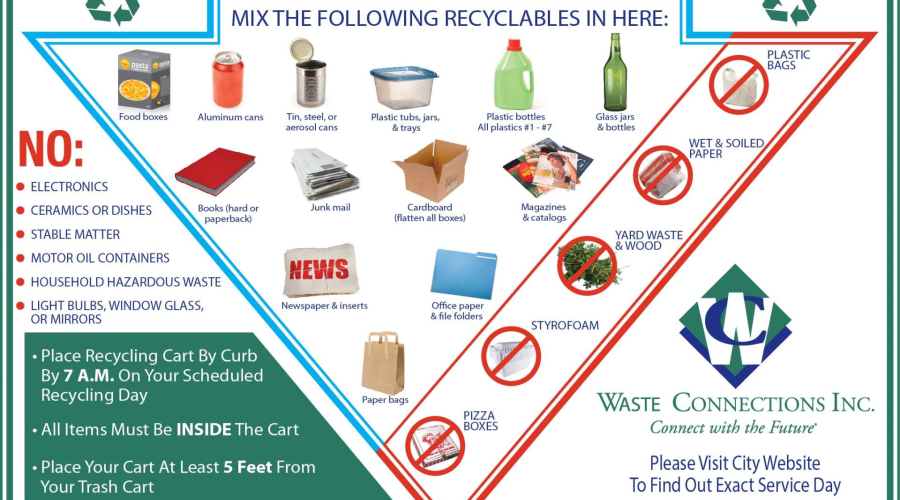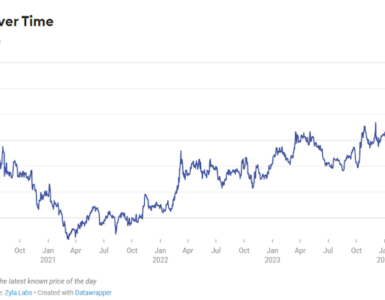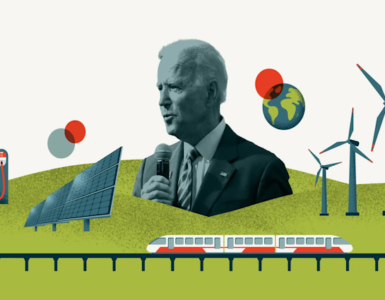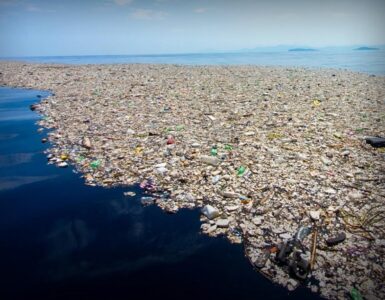An assessment of waste management procedures in Texas could be discouraging, but it turns out that the implementation of such equipment causes a delay in operations. Insofar as, on the one hand, the place of a network of waste reception centers, green waste composting platforms and voluntary contribution containers seems impractical in four years since it is known that many communities had to wait for results on the first operations before carrying out the rest of the work.
However, it is clear that for the period from 1999 to 2015, actions planned by the federal waste managmeent plan were not operational: only 3 new waste reception centers were started in Texas out of the 20 planned; 2 green waste composting platforms out of the 10 planned; no curbside recycling program, while 800 voluntary collection points should be available to users; a transit station in Tyler, for 2 scheduled; delay of 3 to 4 years for the northeast incineration plant.
That said, according to the decree from 2016, the objectives are extended until 2025; so it remains still seven full years before the end of the deadline. Indeed, the new waste management plan is fixed to a limit in 2030 with two deadlines: in 2025, it would be 37% of waste recovery then 43% in 2030; on the other hand, the date of preparation of plans is partly responsible for this delay.
The majority of landfils were designed in the years 2010 and drafted in 2007. In addition, the Texas state department has experienced slow development at the inter-county level. Indeed, some communities of counties were created in 2006, others more recent were created in 2017. The deadline was therefore already close in view of the late constitution of these Communities of Counties.
Once operational, the latter were ready to embark on waste recovery but their motivation stopped there because it was necessary for industrialists downstream to organize themselves in order to provide waste management solutions at the local level. Why get into this too early program while downstream recovery treatment and dumpster rental programs were almost non-existent and
that it wasn’t improving?
For example, the city of Tyler had launched a program selective collection of batteries without worrying about looking at the same time if it there were industries that could recycle these products, so it found with stocks of batteries which they did not know what to do with. They had to use Tyler dumpster rental companies to send these to Houston for recycling.
Finally, waste management is essential through the organization of selective collection, which is the basic condition for a true valorization of the material. All this represents a significant operating cost and this is where eco-packaging comes in, a private company that could therefore provide an answer to one aspect of the financing of household waste removal.
This recycling company, created in 1992, has given itself the mission of general interest, to support local communities in setting up a selective collection and to promote actions to raise awareness among residents. But it also co-finances for the collection and sorting of the 5 packaging materials of household waste (glass, paper-cardboard, plastics, etc.) thanks to the money from member companies.
Indeed, a stae decree of 1992 relating to household packaging does not define any additional obligation for local authorities, but specifies the responsibility of producers who place packaged products on the market intended for households and who must contribute financially. This decree implies therefore to reduce flows by reducing packaging; reuse as much as possible these packaging.
To oblige, to do this, manufacturers must contribute or provide for eliminating all the packaging they put on the market. Also, the organization’s logo must be affixed to the packaging, so people can see this is a special packaging.















